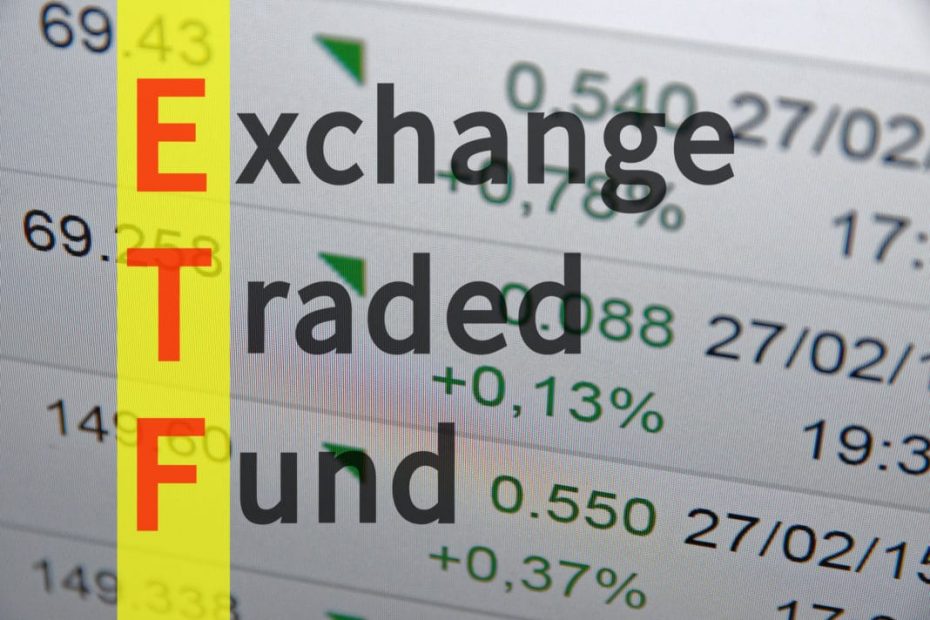How ETFs Benefit Investors
According to Forbes Investopedia, an exchange-traded fund, or ETF, is an index fund that is traded on a major stock exchange. It consists of a diversified portfolio of stocks in various indexes, like a mutual fund, but it is traded throughout the day, like a stock. There are ETFs available in all of the major indexes: stocks, real estate, gold, and bonds.
Buying an Exchange Traded Fund
To buy an ETF, all an investor has to do is research what fund he or she would like to buy and then contact a stockbroker to make the purchase, just as in buying an individual stock. The process can be made even simpler by investing online through an e-stock trader, such as E-Trade or Fidelity. These sites enable investors to do away with the middle man (the broker) by directly making trades themselves.
Why ETFs Appeal to Investors
ETFs have several draws for investors. They are inexpensive to buy and to maintain, costing an average of 0.9% annually in fees. There are no minimums to buy and investors can get started with just one share. Since they can be bought and sold throughout the trading session like stocks, they are extremely versatile. They can also be easily tracked, since their data is constantly being updated.
Investors who are looking for low risk strategies will also find exchange-traded funds appealing. ETFs are designed to match the market, instead of outperforming it as a mutual fund tries to do. This keeps risk exposure lower than that of a mutual fund, since there are fewer gambles being made. However, an investor still needs to examine the underlying asset owned by the ETF to assess their actual risk. If an investor already owns the underlying asset before exercising any ETF options, the risk is minimal.
For the anxious investor, ETFs provide another reassurance: complete transparency. According to the Exchange Traded Fund Center on Yahoo Finance, an ETF has to be submitted to the Securities and Exchange Commission for review and applications to create one are only accepted from established and reputable firms. Investor fees are clearly stated and, because they can be traded at any time during market hours, an investor who wants out can sell quickly.
ETFs vs. Mutual Funds
How do ETFs stack up against mutual funds? Forbes Investopedia provides a comparison breakdown between the two. According to the comparison, mutual funds generally make more money, but this is because they involve greater risk. Since mutual funds are actively managed, their fees are higher than those for ETFs. This makes exchange-traded funds a great buy for investors who are looking for stability and a reliable profit margin. On the other hand, the ease of use makes ETFs a good option for more aggressive traders, since they can be bought and sold more freely than mutual funds. (Frequent traders will want to calculate the amount of fees before determining if ETFs are the best strategy for them.) ETFs also allow for greater diversification than mutual funds, since they cover a wider range of indexes.
Conclusion
Overall, ETFs are a great option for investors. Exchange-traded funds are easy to use, inexpensive to keep and present a relative safe way to invest. Trading novices can use them to safely wade into the waters of the market and experienced market movers can use them to safely and easily grow their wealth.
